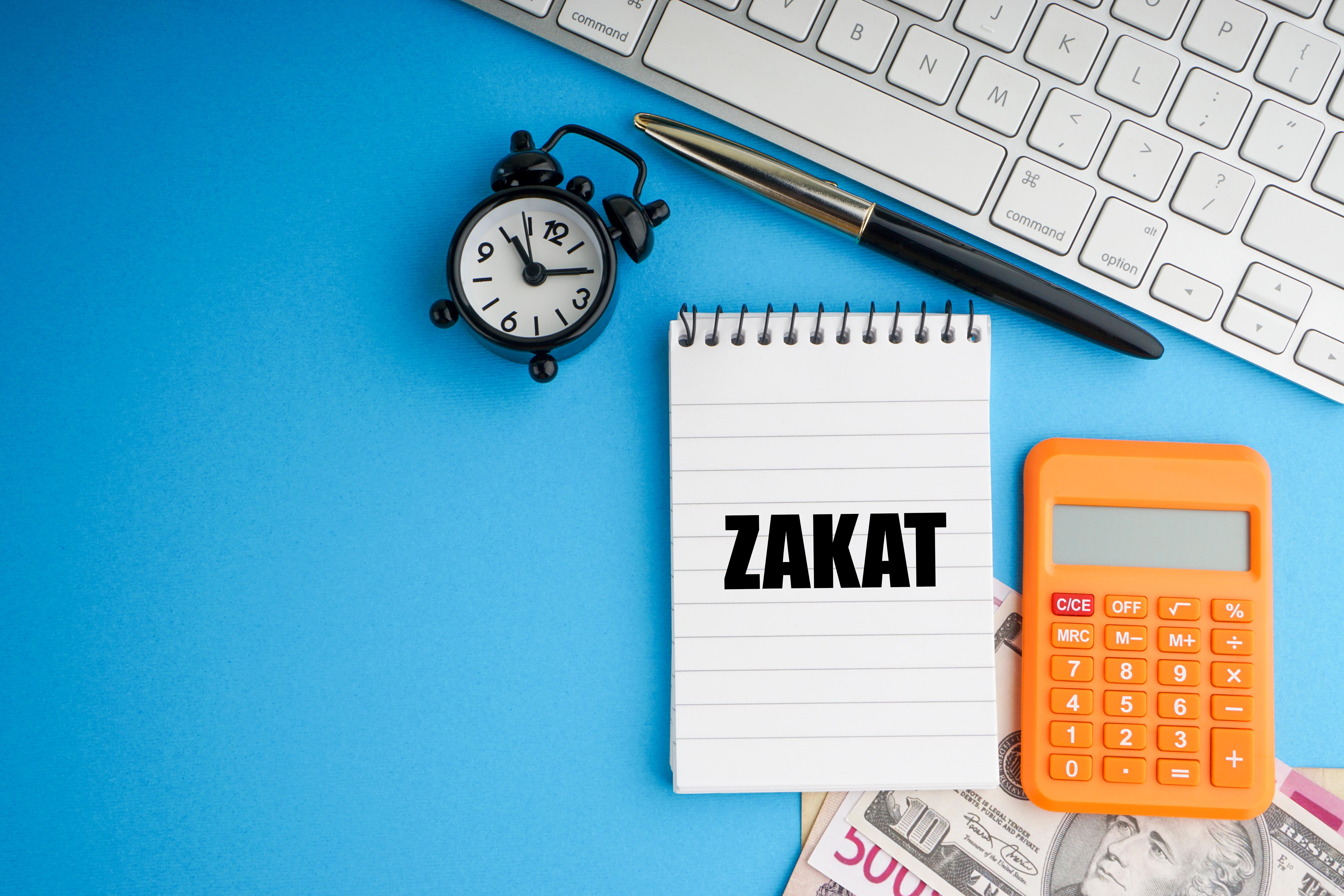
Ranking third in the five pillars of Islam and mentioned 32 times within the Holy Qur’an, Zakat is an important part of the Islamic faith. It is a religious due required by all eligible Muslims, but to those new to giving Zakat or friends of the community, it can seem like a complicated process due to the rules that surround it.
If you want to learn more about how Zakat works, keep reading as we explain the process from start to finish.
Zakat is an obligatory charitable donation that all eligible Muslims are required to give, helping to aid the poor and needy. Assisting the less fortunate and engaging in charity is highly important in Islam, and Zakat proves that importance by being one of the five foundations of the religion.
Along with helping those in need, Zakat benefits your own individual self as well. If you look at the linguistics of Zakat, you will find that it implies the meaning of blessings, purification, and growth. It is a gift in disguise for your own spiritual benefit. As an act of worship, Zakat will help to bring you closer to Allah (SWT) and increase your faith in Him. As mentioned above, Zakat is a purification of the believer’s heart, soul, and mind, ridding them of greed and worldly attachment. Doing this act of worship pleases Allah (SWT) immensely as it has multiple benefits for all.
Zakat is a fundamental required concept and should be paid properly. It is a form of charity that is paid upon specified assets by all Muslims whose wealth meets the minimum Nisab threshold (minimum amount of wealth accumulated). Zakat is widely viewed by the Muslim community as a form of confirmation of their faith in Allah (SWT).
Zakat is different from other common forms of Islamic charity offerings such as Sadaqah Jariyah and Lillah. Zakat is an obligatory form of charity, unlike the other two mentioned, which means Muslims who meet the Nisab threshold and maintain their wealth for a full lunar year must pay what is due. It is widely accepted for Muslims to pay Zakat through a charity that helps with one of the permissible recipient causes, such as ILM.
There is no specific time or day for Zakat to be paid, but a lot of Muslims choose to pay their Zakat during the last 10 days of Ramadan as they believe the rewards to be greatest at this time of the year, especially on Laylat al-Qadr.
Zakat is all about intention - you can't give to charity on a whim and claim it as Zakat at the end of the year. Every Zakat donation must be given with the sole intention of it being for Zakat, otherwise it won't count.
Zakat is due only on those who qualify to pay it. All required contributing Muslims must be practising, free, past the age of puberty, mentally sane and aware, and have halal and positive wealth for their donation to be accepted. Their wealth must also meet the Nisab threshold, and they must maintain that wealth for a full lunar year.
If you start the lunar year at the Nisab threshold, dip below it during the year, but still meet the Nisab threshold at the end of the year, you are eligible to pay. The Nisab threshold changes every year, as does the amount you pay depending on your accumulated wealth.
Zakat is calculated on accumulated wealth and is paid on the following:
The value of all the above will determine whether you reach the Nisab threshold, and if so, how much you need to pay.
The Holy Qur’an does not specify any guidelines regarding the payment of Zakat. However, the overall ruling is that customarily, 2.5 % is paid on all capital assets, but the rate can differ between 2.5% and 20%. The guidelines for calculating Zakat and the Nisab levels were set by our beloved Prophet Muhammad (PBUH). He instructed an equivalating amount rounding from 87.5 grams of gold or 612.4 grams of silver to be given.
The equivalated value you will get when calculating Zakat will be dependant on your local currency. You can choose to base your Zakat on either silver or gold. Gold will help more people as the donation will be greater, but you can base your donation on silver if you wish.
You can easily figure out how much you owe by using our Zakat calculator.
Your Zakat can be spent in eight different ways as instructed by the Almighty. These are the eight causes that are eligible for receiving Zakat donations:
“Zakah expenditures are only for the poor and for the needy and for those employed for it and for bringing hearts together [for Islam] and for freeing captives [or slaves] and for those in debt and for the cause of Allah and for the [stranded] traveller – an obligation [imposed] by Allah. And Allah is Knowing and Wise.” (9:60, Surah Tawbah)
Anyone who fits under one of the eight instructed categories is eligible for receiving this blessed donation. That being said, there are some added restrictions. For example, you cannot give Zakat to someone whom you have a responsibility to care for. This means a husband cannot give Zakat to his wife, even if she fits into one of the permissible eight categories, because he has a duty to care for her regardless. A wife can give Zakat to her husband, though, because she doesn't have a responsibility to provide for him, so if he fits one of the eight causes, he can receive her Zakat.
Parents and children cannot exchange Zakat between each other because both should be caring for each other. Whether siblings can exchange Zakat depends on your train of thought.
Help change a life today with your Zakat donation by supporting ILM. Donate Zakat today with to support those struggling across the world. May Allah (SWT) accept your donation and bless you.